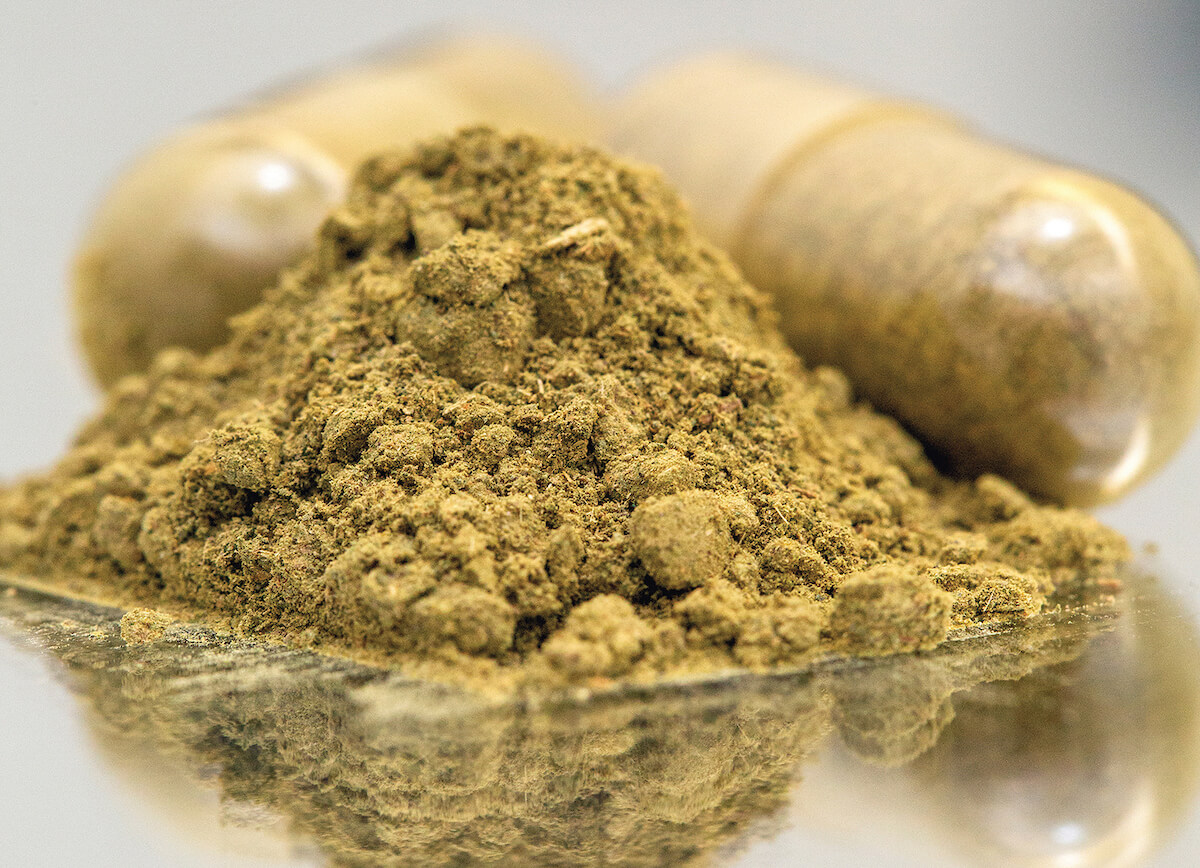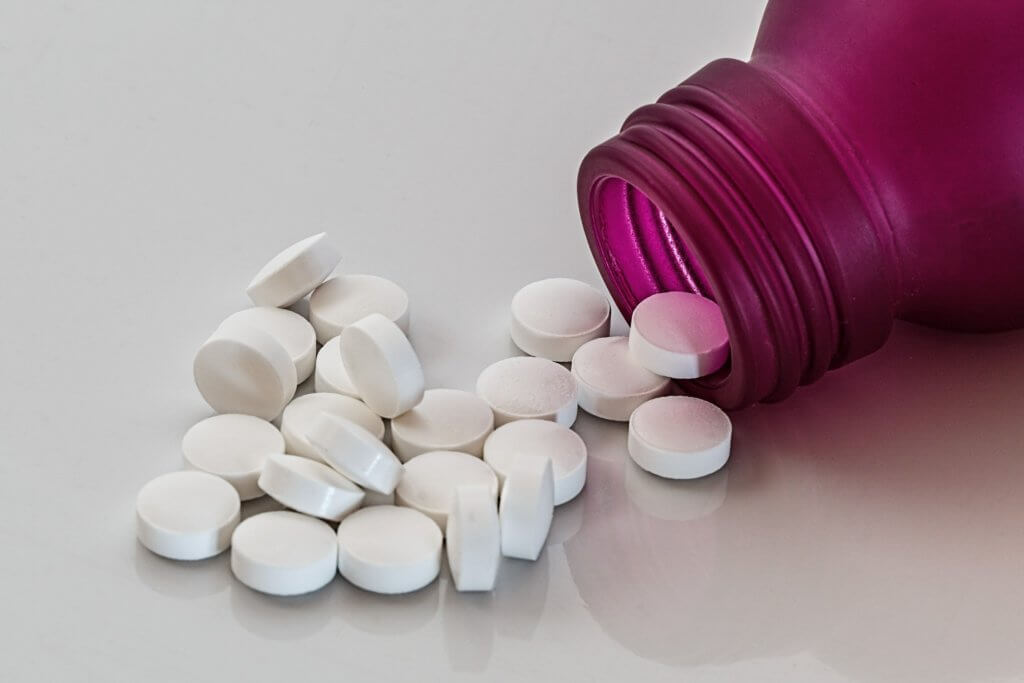Is kratom, the popular herbal supplement, dangerous?

Kratom, an herbal supplement derived from the leaves of a tropical tree native to Southeast Asia, has gained widespread popularity as a recreational drug and as a treatment for opioid withdrawal symptoms, but experts are skeptical about these claims.
“It’s not the be-all-end-all that some of these [people] would have you believe,” said Mike Leath, M.D., chief physician at Memorial Hermann Prevention and Recovery Center. “My recommendation is don’t do it. Absolutely don’t do it.”
The supplement is usually delivered in the form of a capsule or brewed as a tea. In low doses, between 1 to 5 grams, kratom can cause stimulant-like effects to increase alertness and physical energy. In higher doses, between 5 to 15 grams, kratom users experience opiate-like effects, including sedation and euphoria, within five to 10 minutes of consumption.
Users swear by kratom, saying that it improves mood, increases energy and reduces pain. But medical experts are concerned about the two main alkaloids in kratom—mitragynine and 7-a-hydroxymitragynine—that affect the human brain.
“These particular alkaloids work in the system by binding to opioid receptors,” said Austin De La Cruz, Pharm.D., clinical assistant professor at the University of Houston College of Pharmacy. “The main opioid receptor that we’re primarily concerned with is the mu opioid receptor. This is the opioid receptor that leads to analgesia, which is pain release; it could also potentially lead to euphoria, as well.”
Since kratom is currently classified as a supplement, it is not regulated by the U.S. Food and Drug Administration (FDA). However, several cities and counties across the country are pushing to ban the substance due to a lack of evidence to support its safety and efficacy.
Between 2011 and 2018, 11 deaths were associated with kratom exposure, according to a 2019 paper from the National Poison Data System. Of those 11 deaths, nine involved kratom mixed with other drugs.
“We’re already in the midst of an opioid epidemic,” De La Cruz said. “There are people who are overdosing and deaths that are occurring, so the scary thing from a pharmacological aspect is introducing this herbal plant that people are saying is safe to the public. … We’re introducing another opioid without regulation. That may cause individuals who have an opioid use disorder to transition to another drug that works very similarly to it.”
Kratom withdrawal symptoms are concerning for doctors detoxing patients, as well.
“When I’ve taken people off of kratom, the withdrawals aren’t as intense as heroin, but they seem to last a lot longer,” Leath said. “The half-life of the drug is probably under five hours, so I don’t know if there are a lot of active metabolites that we don’t know about yet, but the withdrawals tend to go on and on.”
In August 2016, the Drug Enforcement Agency announced that it intended to make kratom a Schedule 1 drug—a category that includes substances with no currently accepted medical use and a high potential for abuse. Two months later, the agency withdrew its decision after a public and congressional outcry, with more than 140,000 people signing a petition in support of kratom.
In 2017, the U.S. Department of Health & Human Services recommended a ban on the chemicals in kratom. In April 2019, the FDA issued a warning against the use of kratom, stating that it affects the same opioid receptors as morphine and could expose users to risk of addiction, abuse and dependence. Yet kratom advocates stand by claims of its safety.
The American Kratom Association website emphasizes that kratom is plant-based and neither a drug nor a synthetic substance, but a “safe herbal supplement.”
“That’s entirely inaccurate, in my opinion,” De La Cruz said. “We know it binds strongly with the mu opioid receptors. Look at heroin. No one would say that’s safe, but that comes from a plant-based source, too. It comes from the resin of a poppy plant seed, so no one can make the argument that just because it’s from a plant, it should be safe to use.”
One thing remains certain: More studies need to be done to better understand kratom’s long-term effects.
“I would honestly say that the risks right now … outweigh some of the euphoric effects and increase in stamina and energy that people feel while taking this plant,” De La Cruz said.




